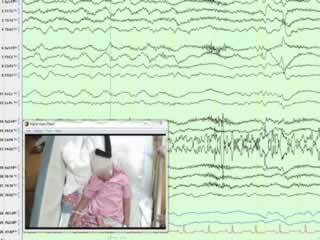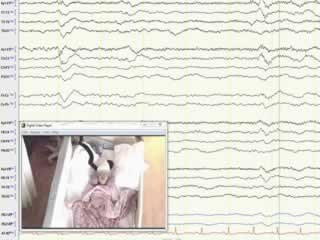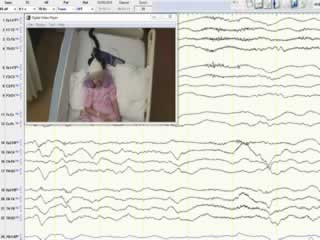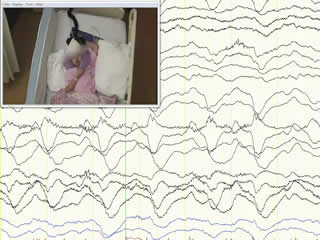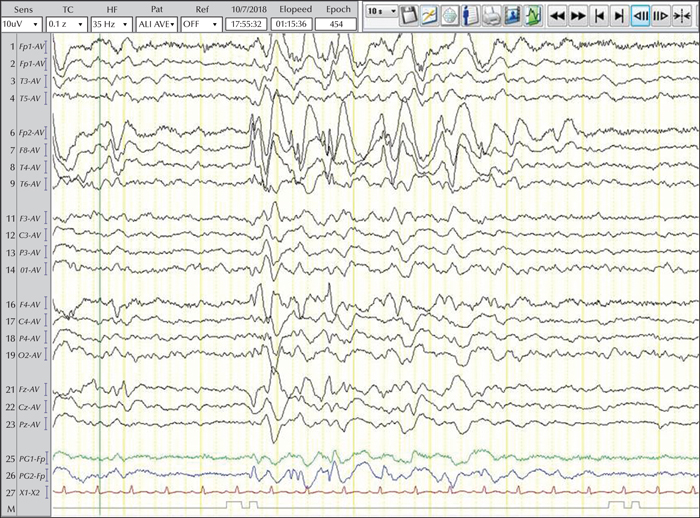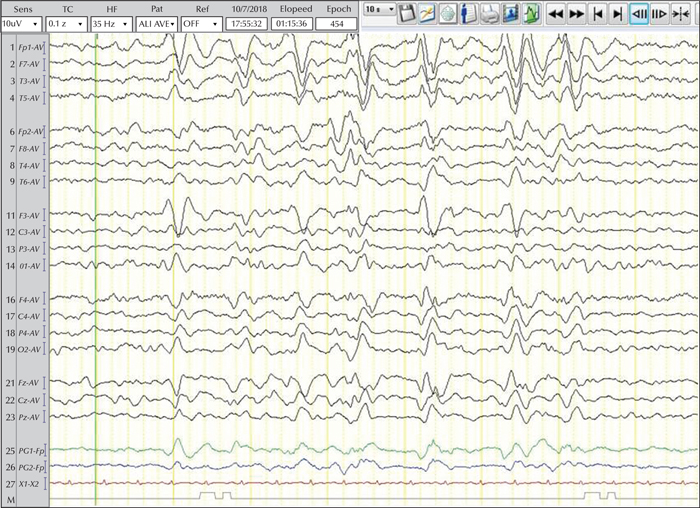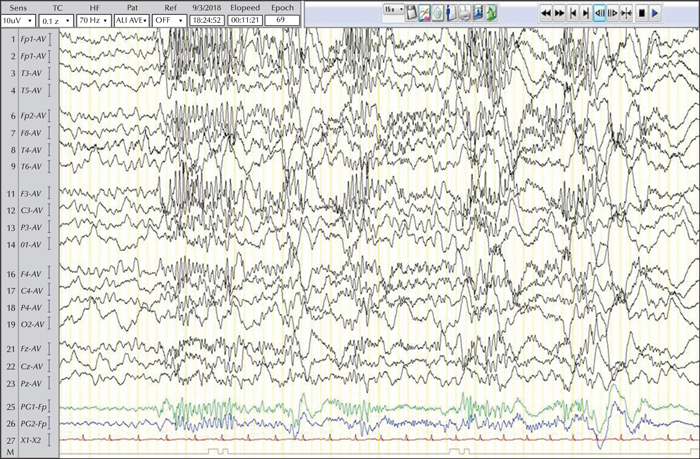Epileptic Disorders
MENULGI-1 antibody encephalitis in a seven-year-old girl Volume 21, numéro 6, December 2019
- Mots-clés : leucine-rich glioma-inactivated 1 encephalitis, LGI-1, faciobrachial dystonic seizure, FBDS, VGKC
- DOI : 10.1684/epd.2019.1117
- Page(s) : 591-7
- Année de parution : 2019
LGI-1 antibody encephalitis is a rare autoimmune limbic encephalitis which has been reported predominantly in adults. Seizures in LGI-1 antibody encephalitis exhibit significant semiological variability. Faciobrachial dystonic seizures are characteristically seen in this condition and have so far been described only in adults. Other seizure types have also been reported. We describe the case of a seven-year-old girl with LGI-1 limbic encephalitis who presented with acute new-onset seizures, and rapidly deteriorated over the course of a few weeks with very frequent seizures and encephalopathy, becoming non-verbal and non-ambulatory. The electroclinical presentation of this child with LGI-1 encephalitis makes this case unique and further highlights the importance of a high index of suspicion for diagnosis in young children. Early diagnosis can lead to prompt and appropriate treatment with immunotherapy, and potential harmful treatments such as pharmacological coma can be avoided. To the best of our knowledge, this is the youngest case ever reporter. [Published with video sequences]


